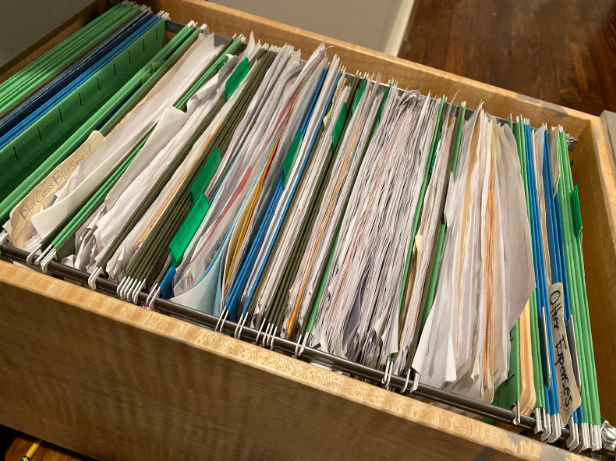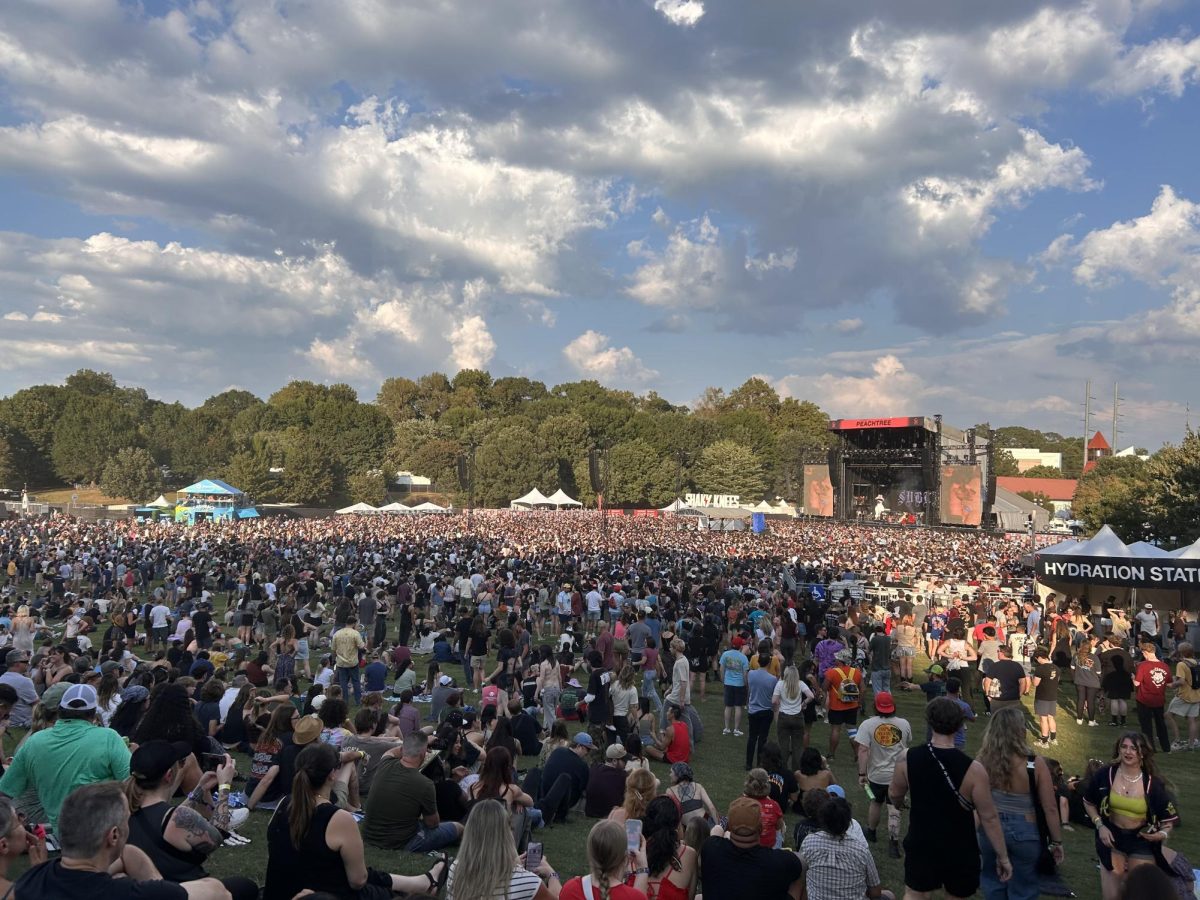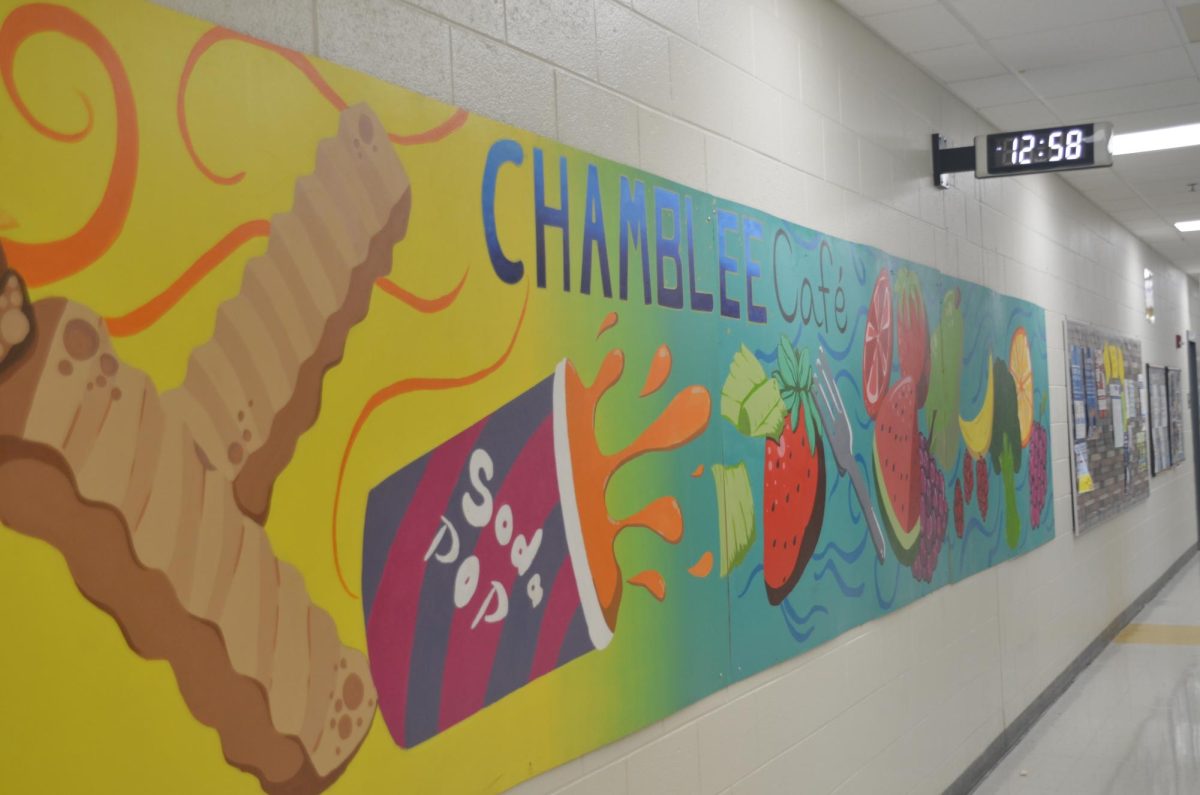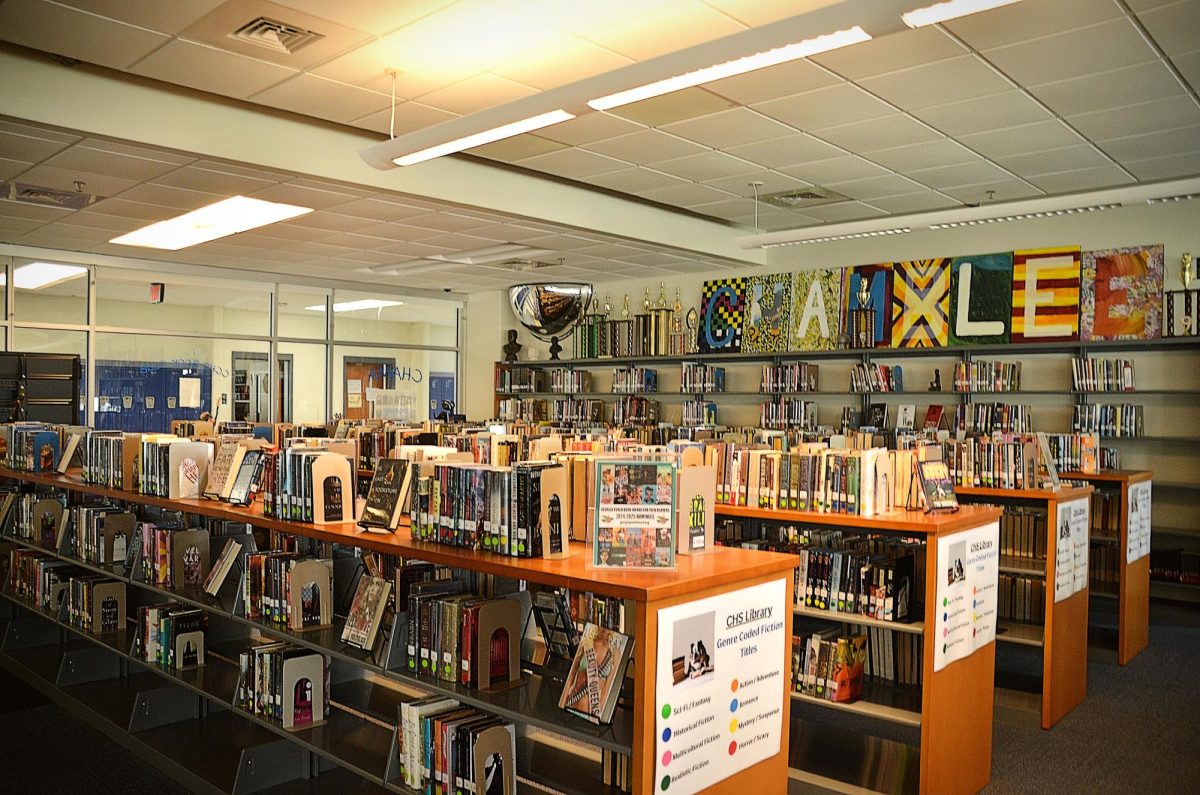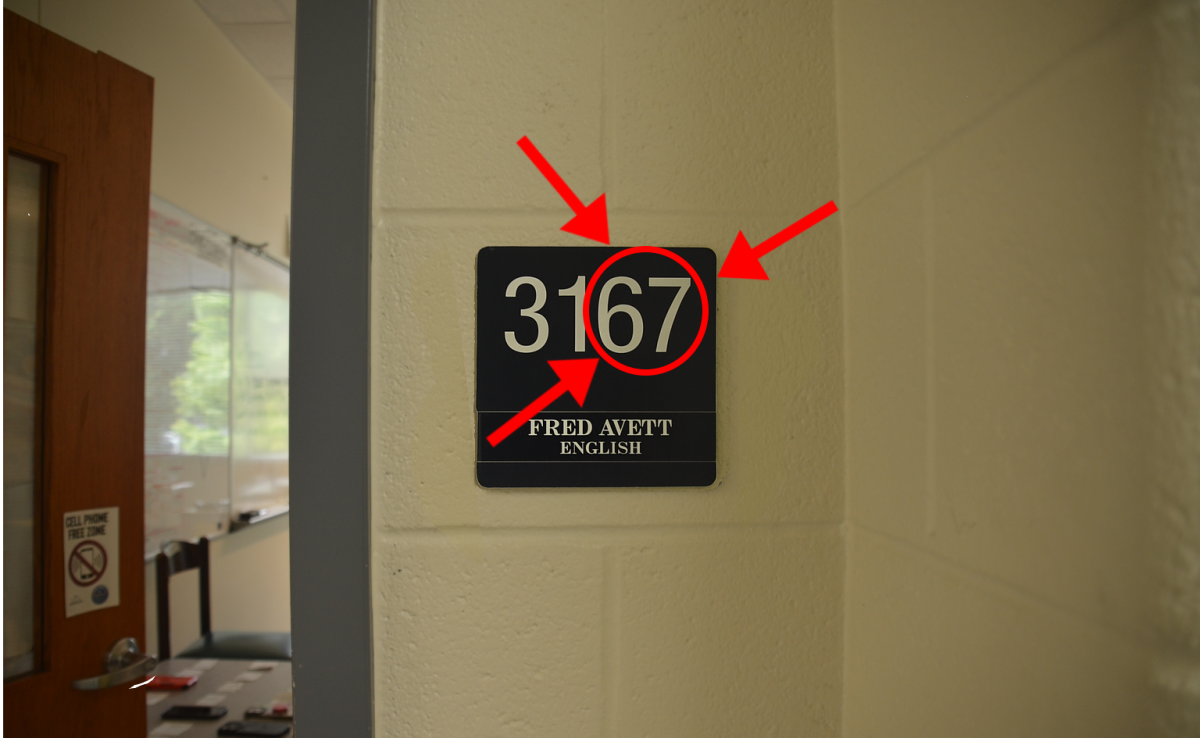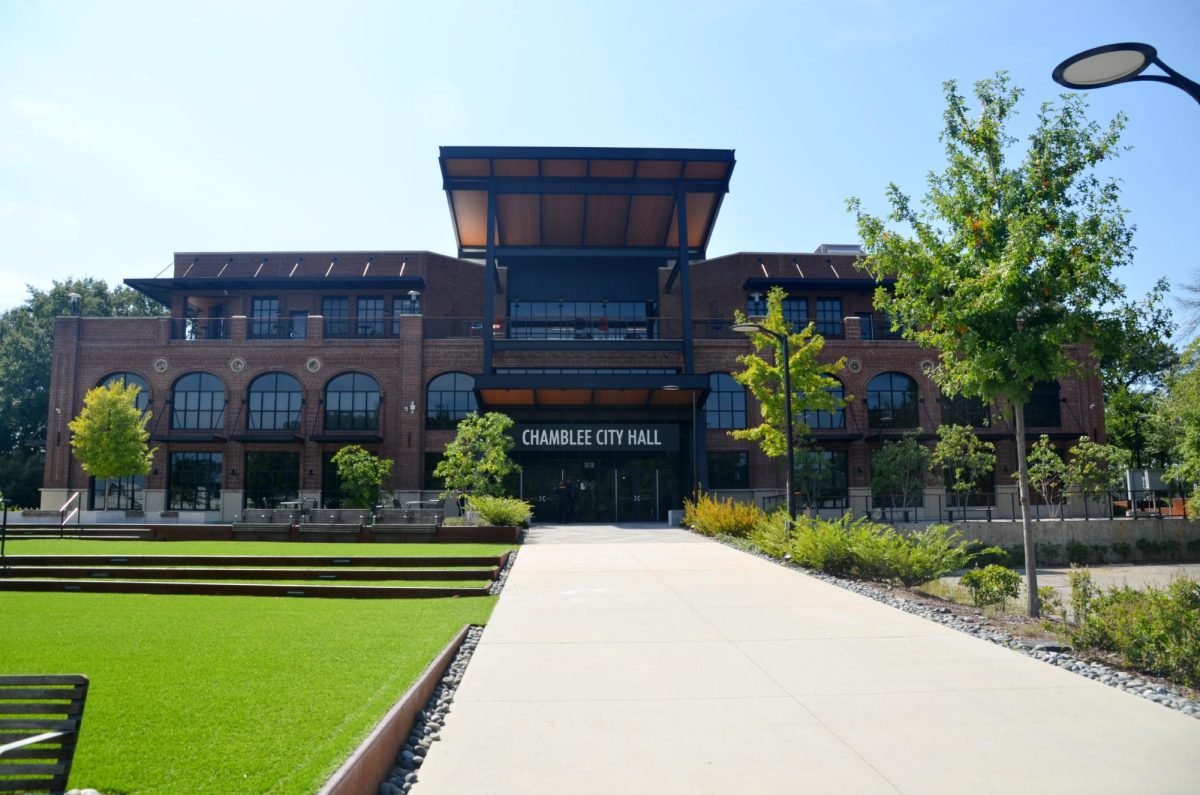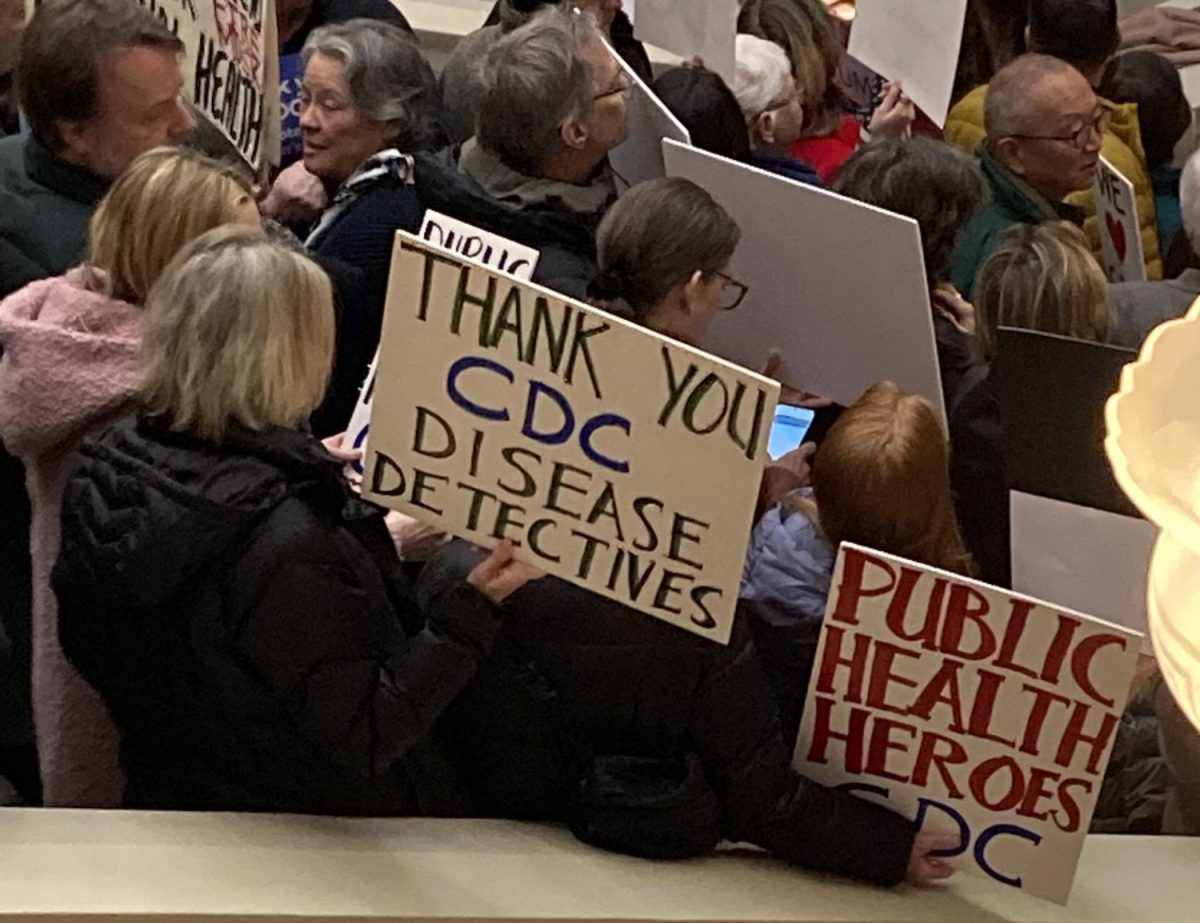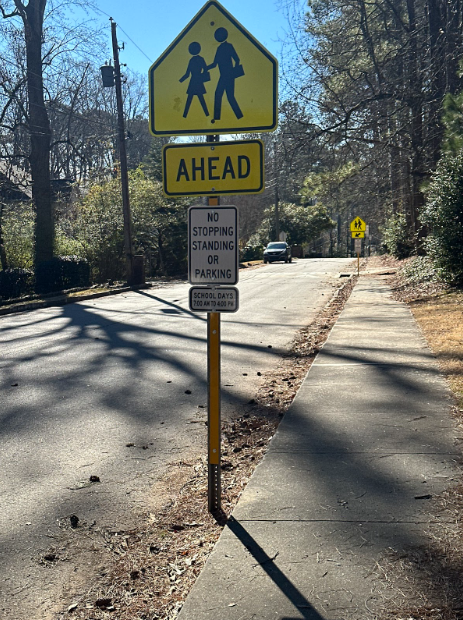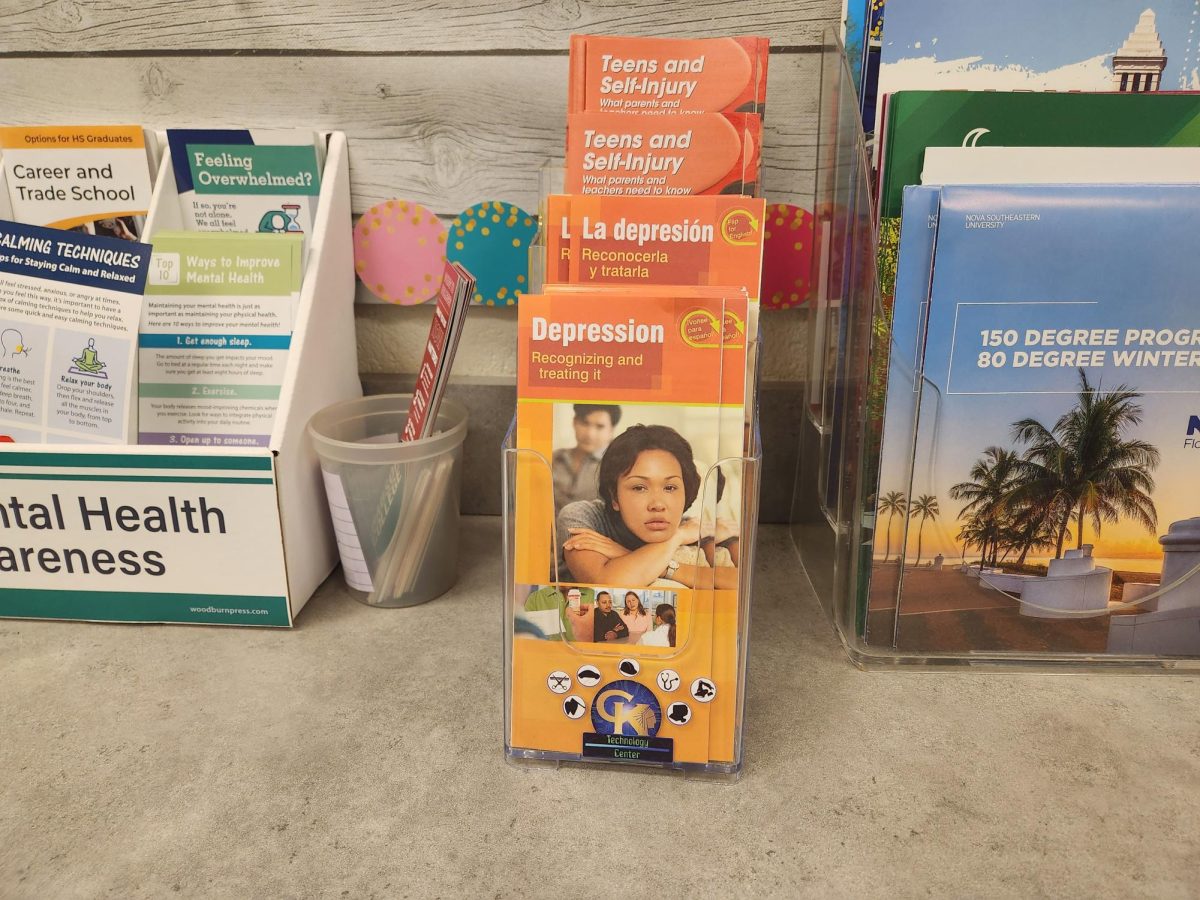Power School’s Student Information System, an online platform for student information, was hacked into last December, which revealed information of millions of students ranging from lunch balances to social security numbers. Though DeKalb County was not affected by this breach specifically, students were asked if this breach raises concerns over the current measures of privacy currently existing in the school, especially after the Department of Government Efficiency gained access to people’s data from across the country through the Treasury Department.
“I don’t think it’s a serious concern. There are already protections like VPNs to make sure information is secure and security alerts [to let you know when it isn’t],” said Kim Kruglinski (‘26).
However, VPNs do not protect users against all threats, and several students still find the lack of privacy concerning, especially after recent news of leaks.
“I just feel like my privacy is valuable. It’s important data that I want for myself. I don’t want it in danger,” said Ethan Rodriguez (‘26).
These websites would certainly agree with Rodriguez, since they make their money from users’ information as well.
“Most of the money these websites and corporations make is from selling my data. So I wouldn’t really say that it is [adequately protected],” said Steven Dean (‘25).
Still, benefits do exist to online storage, most notably the existence of easy storage of files, which multiple people can view at once.
“If it’s online it can be copied endlessly, so the lack of risk of it being lost is a benefit,” said Dean.
Others noted the comparatively low risk of damage to valuable records, since paper is fairly easy to destroy.
“Papers could be lost or damaged during a flood, but online they’re safer,” said Kruglinski.
However, not all students believe these benefits outweigh the aforementioned drawbacks.
“It’s just kind of dependent on what you’re storing and how important it is to either keep it private or keep it safe,” said Dean. “For the most part, I’d rather have my stuff private, but that’s just me.”
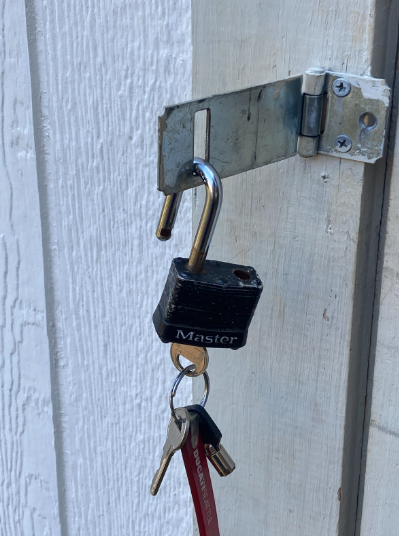
Others, after weighing the advantages and disadvantages, believe that online storage is still better than paper.
“The drawbacks may outweigh benefits in the long term, but the short-term gratifications of quick information access, free email, free meetings make me continue their usage despite potential dangers,” wrote Ms. Stanhope, a social studies teacher. “But I have not lost my identity or financial resources, so I have a limited perspective.”
Some students whose family members have experienced a hack, feel differently.
“Yeah, more needs to be done. I feel a lot of people get hacked, and a lot of people get framed,” said Juliette Moreno (‘28).
Though some students believe that any problematic websites can simply be avoided, others believe it is impractical as our world becomes more dependent on technology, so government regulation may be necessary.
“It’s kind of hard to not use websites with the increasing digitization of the world, but for the most part government influence and laws help limit these breaches of privacy,” said Dean.
In addition to government oversight, new innovations can lead to improved security.
“Technological innovation and further government regulations [can help prevent this from happening],” said Stanhope.
However, new dangers can also be created by technology.
“I think more needs to be done because–especially with AI and everything recently–people can just hack into your data so easily,” said Maia Lemmon (‘28).
Whether or not technology makes information more secure, students believe awareness of these dangers is important.
“I think we need to take more measures for data privacy, like cybersecurity, also just general internet safety,” said Rodriguez. “In middle school, we took little classes on internet safety. I think we should probably do that again.”
Even with the many risks, students are compelled to use these data-stealing websites at both school and home.
“Even though there’s issues with it, I’m still going to use it, but I feel like more should be done to help prevent hacking and everything because it’s just not good,” said Lemmon.
Though the internet brings many benefits, it also has several risks. Despite these potential risks, students are forced to use particular websites for instruction. Consequently, many students—while they may disagree about specific measures to be taken—generally support increased action against data breaches, though some students and teachers feel the issues are minor compared to the vast benefits the internet creates.

